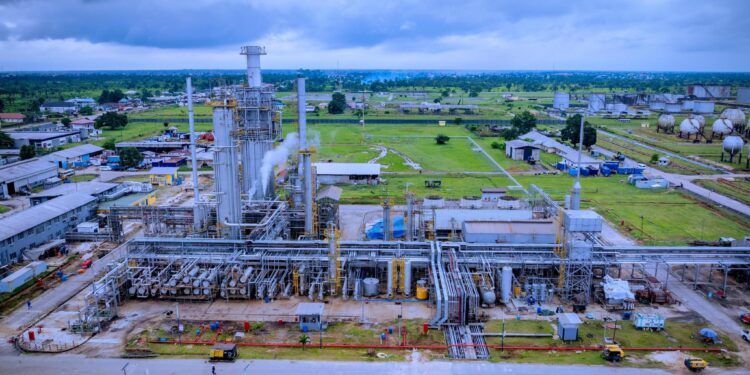The Nigerian National Petroleum Company Limited (NNPCL) has announced a month-long shutdown of the Port Harcourt Refinery in Rivers State for scheduled maintenance, raising concerns among fuel retailers about potential shortages and price hikes.
The shutdown, set to begin on Saturday, May 24, 2025, is part of NNPCL’s planned sustainability assessment aimed at restoring the refinery to optimal working condition. In a public statement, NNPCL’s Chief Corporate Communications Officer emphasized that the company is coordinating with the Nigerian Midstream and Downstream Petroleum Regulatory Authority to ensure transparency and efficiency throughout the exercise.
Despite the company’s reassurances, local fuel marketers in Eleme and Okrika, where the refinery is situated, have expressed deep anxiety over the move. They fear that the shutdown could disrupt fuel supply, drive up prices, and negatively affect small businesses already struggling with Nigeria’s volatile economic conditions. Several retailers have called on the NNPCL to uphold its promise of uninterrupted supply.
The announcement comes at a time when the NNPCL is under scrutiny following ongoing corruption investigations linked to the rehabilitation of Nigeria’s refineries. The Economic and Financial Crimes Commission (EFCC) is reportedly probing former managing directors of the Port Harcourt, Warri, and Kaduna refineries for alleged mismanagement of over \$2.95 billion in public funds. The investigation also allegedly implicates former NNPCL Group CEO and over a dozen other executives. According to EFCC sources, N80 billion was discovered in the account of one of the dismissed MDs, further fueling concerns about the transparency of the rehabilitation process.
In light of these revelations, some insiders say the shutdown is unsurprising, pointing to the long-standing issues of mismanagement and lack of accountability that have plagued Nigeria’s refining sector.
The Port Harcourt refinery shutdown is now being viewed as a test of NNPCL’s capacity to maintain steady fuel supply during periods of operational downtime. With Nigeria heavily reliant on fuel imports despite owning multiple refineries, any disruption in distribution could have significant economic consequences.
Retailers say they will continue monitoring the situation closely, warning that any lapse in supply could severely impact both local businesses and the broader economy. As public confidence in NNPCL remains shaky, all eyes are on the company’s ability to manage the maintenance without triggering another fuel crisis.










